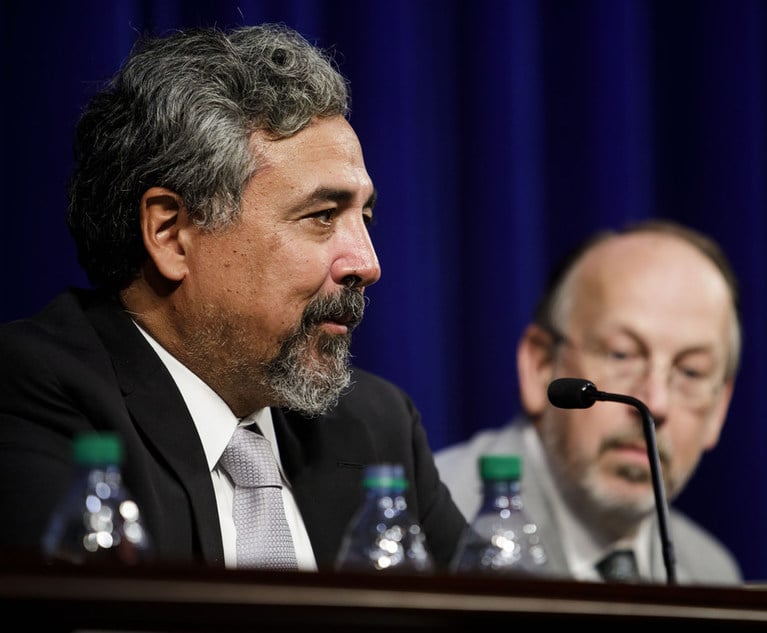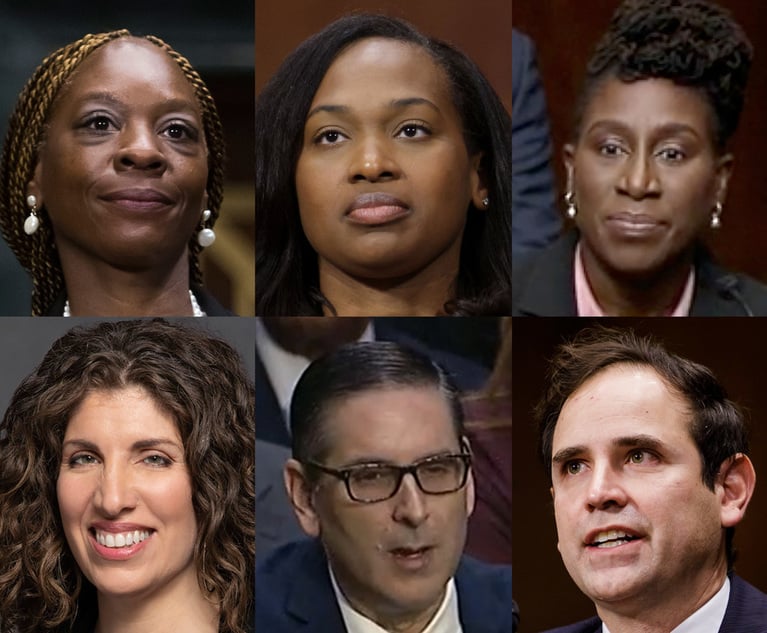Following the Supreme Court’s lead, district courts throughout the country have scrutinized the scope and circumstances of government searches of cellphones in criminal cases. In several recent decisions interpreting the Supreme Court’s decision in Riley v. California, which recognizes the heightened privacy interests implicated by searches of modern cellphones, the courts have grappled with thorny issues arising from the immense quantity and variety of data stored on cellphones. The trove of information available on mobile devices has been a double-edged sword for those seeking to suppress government searches. Because cellphones contain so much information, courts have required a clear nexus between the cellphone and the alleged offense to establish probable cause or particularity for a warrant; conversely, the fact that this information—including illegal content—can be stored on the cloud and accessed by users after entering the country has been used by at least one court to justify a warrantless search at the border.
Three recent district court decisions exemplify how courts have struggled with the Fourth Amendment questions raised by the intrusive nature of cellphone searches. Cellphones present Fifth Amendment problems too, as discussed in our June 9, 2021, article, “Hey SIRI, Does the Fifth Amendment Protect My Passcode?” As courts continue to grapple with applying constitutional protections to this ubiquitous form of modern technology, criminal defense attorneys should aggressively scrutinize cellphone searches.


 Credit: terovesalainen/Adobe Stock
Credit: terovesalainen/Adobe Stock




